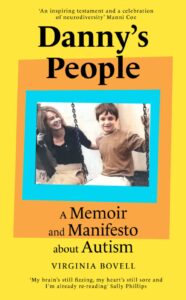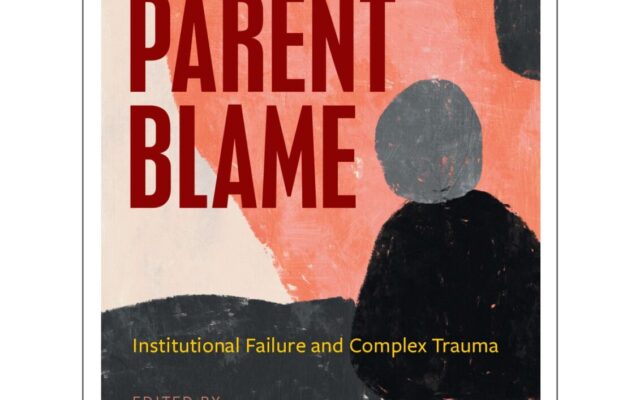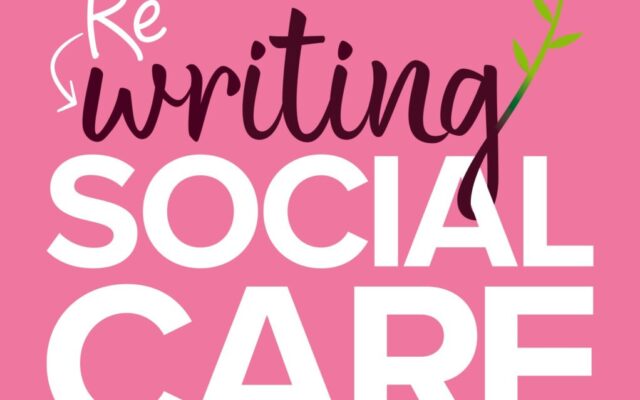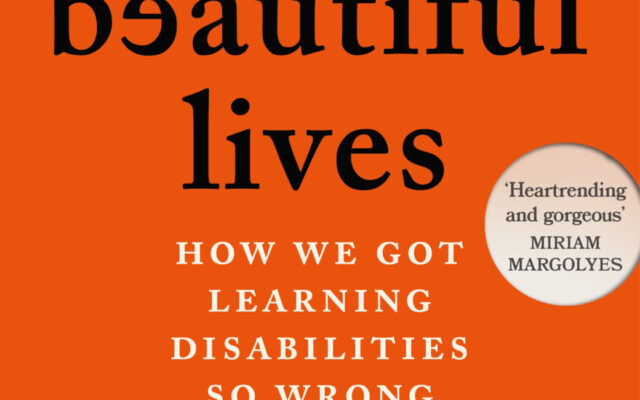Below is an edited extract
Here is Danny, sitting in the middle of the ball pond on his own and, until now, he has been happy. Suddenly, and with no discernible cause, he starts to weep.
I observed no trigger for this sudden distress, but it is palpable. My darling child is sitting alone and crying because of – as it seems to me – sudden overwhelm.
It is as if he is saying, “I am alone and I don’t understand this place. I have tried so hard but I have exhausted my reserves of curiosity and adaptability. This is all too much.”
I swept him up and the distress abated as we drove home. But it left a lasting impression.
God knows I have seen and heard Danny cry many times since. But there was something about his lonely weeping back then – such a small, innocent boy in the middle of a place that was supposed to be fun, in the middle of a world that had become alien to him – that broke my heart, as if I were glimpsing what might lie ahead.
The memory of these incidents has intensified over the years. I revisit them in technicolour, sound system pounding, emotions whirling around all over again. They have become almost allegorical, as reference points to guide my beliefs and actions, both as a mother who longs to protect her son and as an engaged citizen. They shed light on the ways in which other people can make such a difference to the disabled person, for good and bad.
Maybe no amount of social change can make everything better. But it is no exaggeration to suggest that the external conditions surrounding the disabled person can and do affect almost everything.
It is imperative to deal with the abuse that comes along, be this from individuals or institutions. Yet it is also imperative to be driven by the knowledge that adaptations – the reasonable adjustments of equality law – are not a utopian dream.
They occupy the realm of the practical and the possible. There is a kind of defeatism in believing that the lone kicker sums up all that is probable. It is not naive to keep believing in the kindness of strangers.
What Danny has brought with him is access to an ocean of goodwill.
For all the perpetrators of bullying and neglect, there are many, many more individuals whose everyday kindnesses and sense of decency win through
The shopkeepers who wanted to give him an extra bag of crisps free of charge, the fairground workers who would allow him to stay on the same ride time after time, the ladies in the cafe who told me not to apologise for him, not ever, when he screamed and banged and disturbed their lunch break. The nurses, the doctors, the teachers. The support workers who managed his periodic outbursts and attacks, who emptied his stoma bag, who washed his soiled laundry if it burst, who delighted in his pleasures and were thrilled when he learnt to run his own bath and wipe the table, who came back day after day to be with him and rub his feet as he went through hours of pain, and whose hearts sang when he greeted them with a look and a smile, a touch, a hug.
I have learned that most people are just waiting for a chance to be nice. For all the perpetrators of hate crimes, bullying, neglect and indifference, there are many, many more individuals whose everyday kindnesses and sense of decency win through. We don’t read about this much, it’s rarely on the news and it doesn’t make for dramatic TV series or interesting reality TV shows. But there it is.
And around every corner, in every child, there is the potential to be a human who isn’t tarnished and whose values aren’t distorted through commercial pressures and a toxic environment of competition and division.
It shines out in the way people catch Danny’s innocence and enjoy his freedom from all that trash. They want to help him to stay safe, to thrive in his way and on his terms. Kindness is everywhere, in and around us, just waiting to shine.
This I know.





